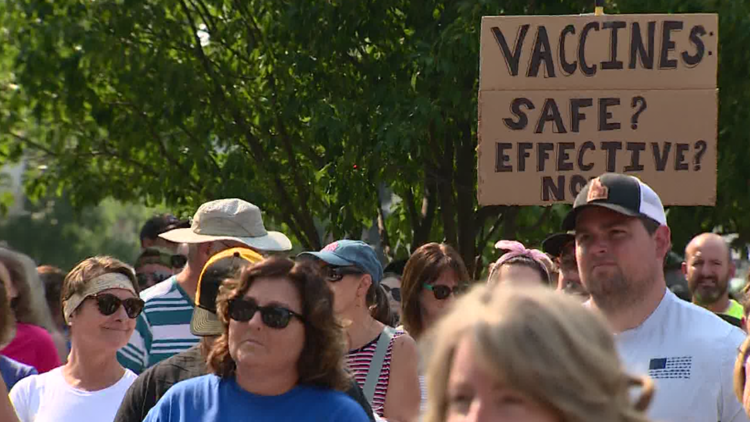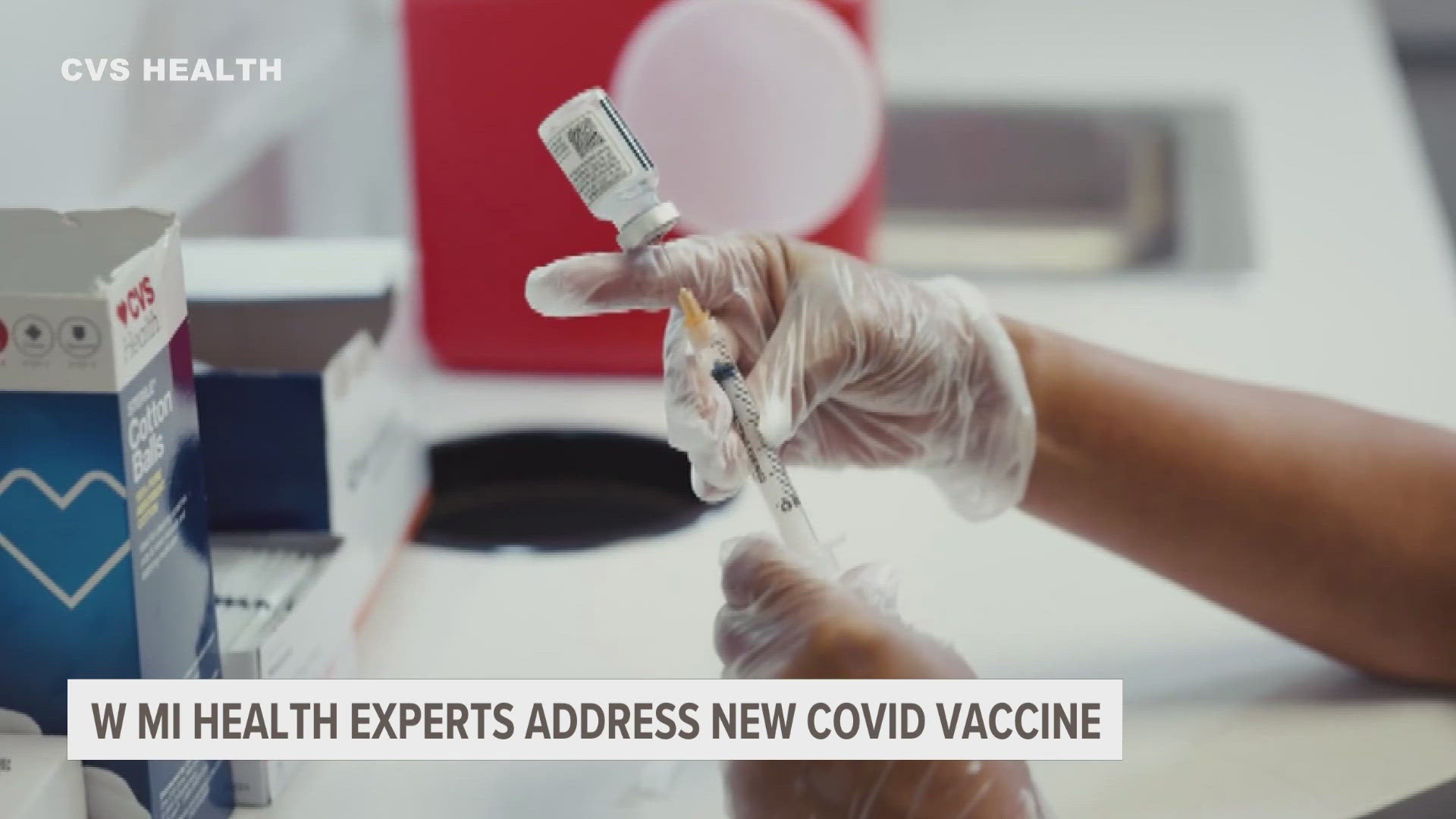A survey conducted by professors across the nation found that misinformation about the COVID-19 vaccine may be spreading as quickly as the virus. This uncertainty is leading to vaccine resistance, the research team discovered.
The professors who conducted the study, called the COVID States Project, were from Harvard, Northeastern, Rutgers and Northwestern universities. They obtained subjects from all 50 states for the survey. The data was officially released on Monday.
The researchers provided the subjects with the following false statements:
- The COVID-19 vaccines will alter people’s DNA.
- The COVID-19 vaccines contain microchips that could track people.
- The COVID-19 vaccines contain the lung tissue of aborted fetuses.
- The COVID-19 vaccines can cause infertility, making it more difficult to get pregnant.
The report shows that 20 percent of Americans believe at least one of the statements about the vaccine. More than half of their participants say they are not sure if the false claims are true.
By a small margin, the statement on infertility was the most believed and the statement on microchips was the least.
The researchers also proved that belief or uncertainty about the misinformation correlates to lower vaccination rates.
Among the respondents who believed at least one of the statements, the study shows that 39 percent were vaccine-resistant and only 44 percent were vaccinated.
Those who believed the false statements were mostly Republicans aged 25 to 44 with a high socioeconomic status. Those with uncertainty about the veracity of the statements were mostly women, African Americans, young people and those with lower socioeconomic status.
The full study can be found here.
►Make it easy to keep up to date with more stories like this. Download the 13 ON YOUR SIDE app now.
Have a news tip? Email news@13onyourside.com, visit our Facebook page or Twitter. Subscribe to our YouTube channel.




